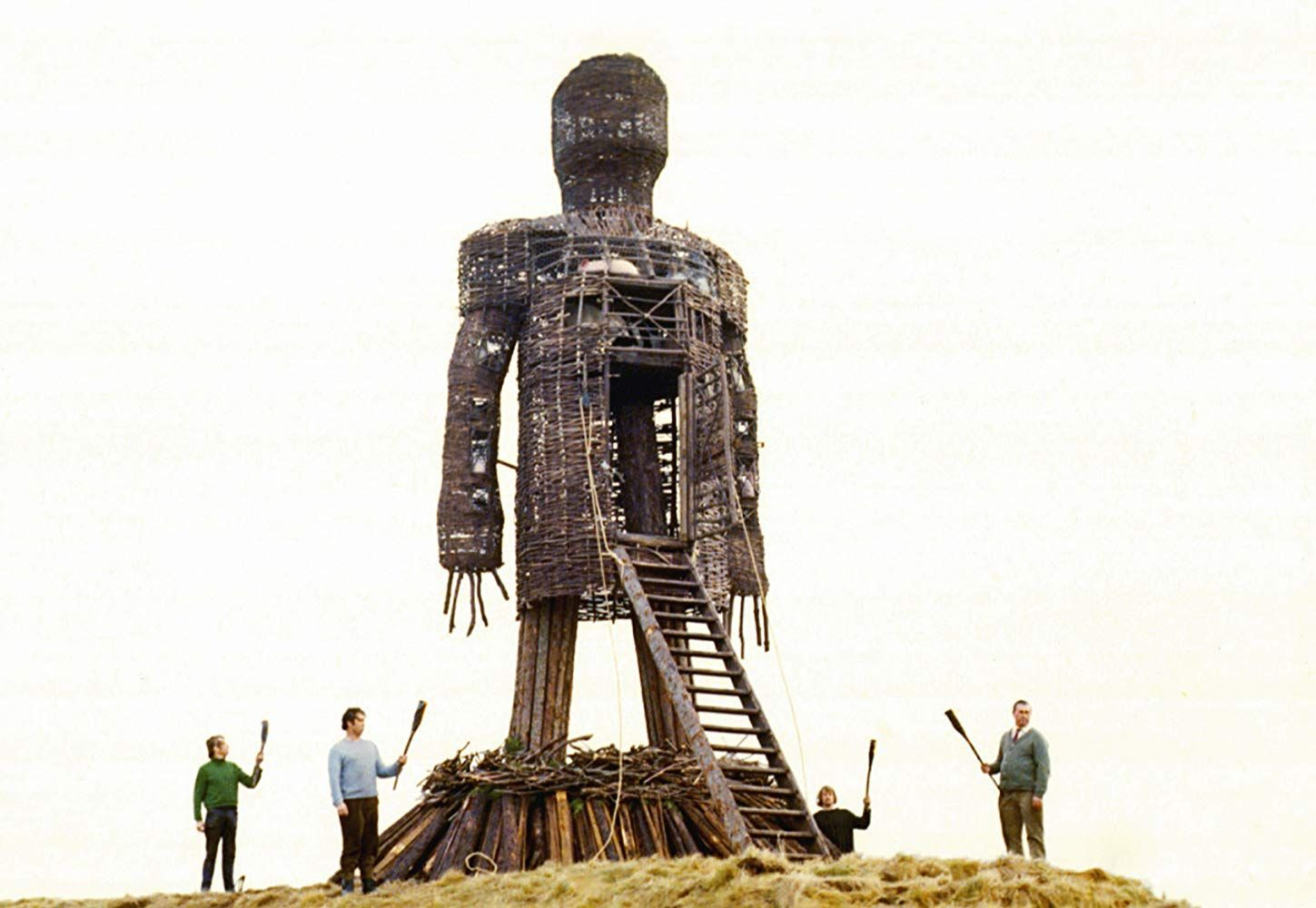#5. Engines of Mischief
We survey the English Luddites and read a poem by Lord Byron before jettisoning to the 20th century with work by Brian Merchant and a poetry collection by Saretta Morgan.
⍀ Weekly Link Rodeo
Good Friday morning, everyone! I've had to reconcile my notions about technology. I’ve been online since 1997 - everything from ICQ to making websites on Angelfire or Geocities, all the way to curating my Top 8 on Myspace and beyond. The weekly link rodeo is concluded with a writing prompt. It is our hope that whether you are a ficti…



